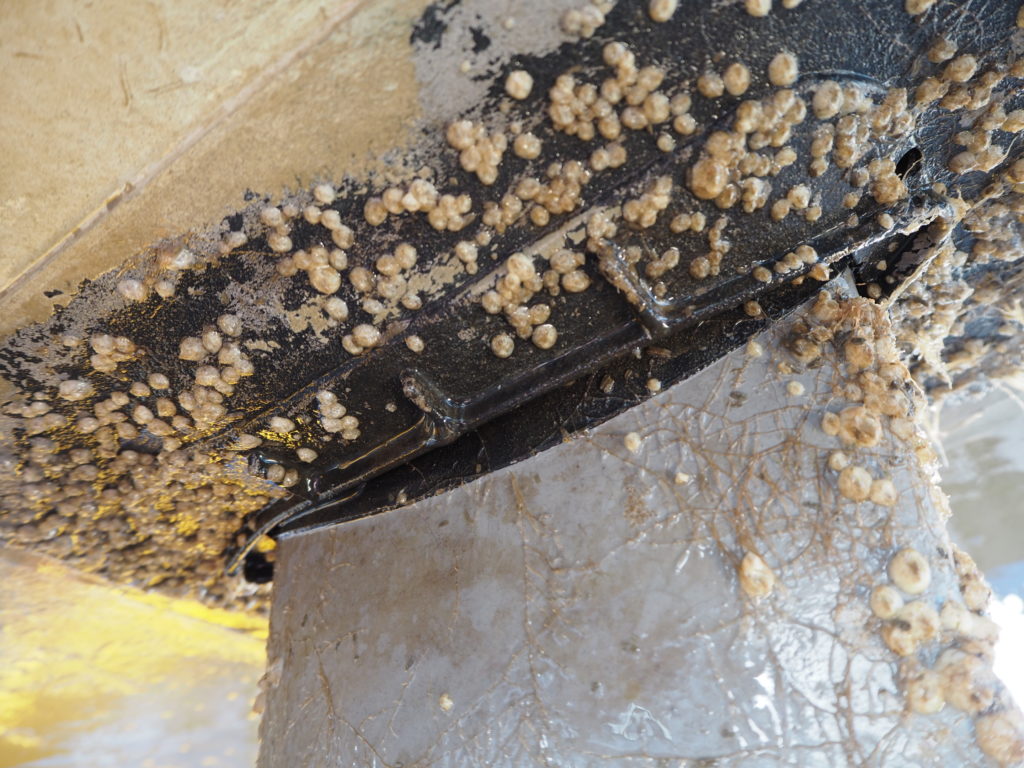Our Senior Specialist Eveliina Klemola is one of the authors of the newly published report “In-water cleaning (IWC) of boats and ships in the Baltic Sea region – current procedures and future needs” of the COMPLETE project. The report presents the results of the information compiled and discussions held during an expert workshop held in May 2019 in Hamburg, Germany.
Shipping is the most important vector of introduction of harmful aquatic organisms and pathogens in marine environment worldwide. Such organisms can have significant socioeconomic and ecological impacts when they spread to new sea areas, as they can affect human health, livelihoods like aquaculture and fisheries, or alter the structure of marine food webs.
The COMPLETE project addresses two major sources of harmful organisms’ introduction by shipping: ballast water and ship hulls. The project works towards minimising the introduction organisms by developing a consistent management system for the Baltic Sea region. Wega has been supporting the project partners in their stakeholder involvement activities and by compiling a roadmap for biofouling management based on the project outputs.
In-water cleaning of leisure boats and commercial ships can be an essential part of biofouling management, at the same time reducing fuel consumption and thereby emissions. However, it may pose a risk to the environment depending e.g. on the type of anti-fouling system applied and the methods applied for in-water cleaning. There are no specific national regulations with regard to IWC in place in the countries surrounding the Baltic Sea. To ensure consistent conditions for and an environmentally sound implementation of IWC, coordinated efforts among the relevant authorities in the individual countries is crucial.
You can find the whole report here.
